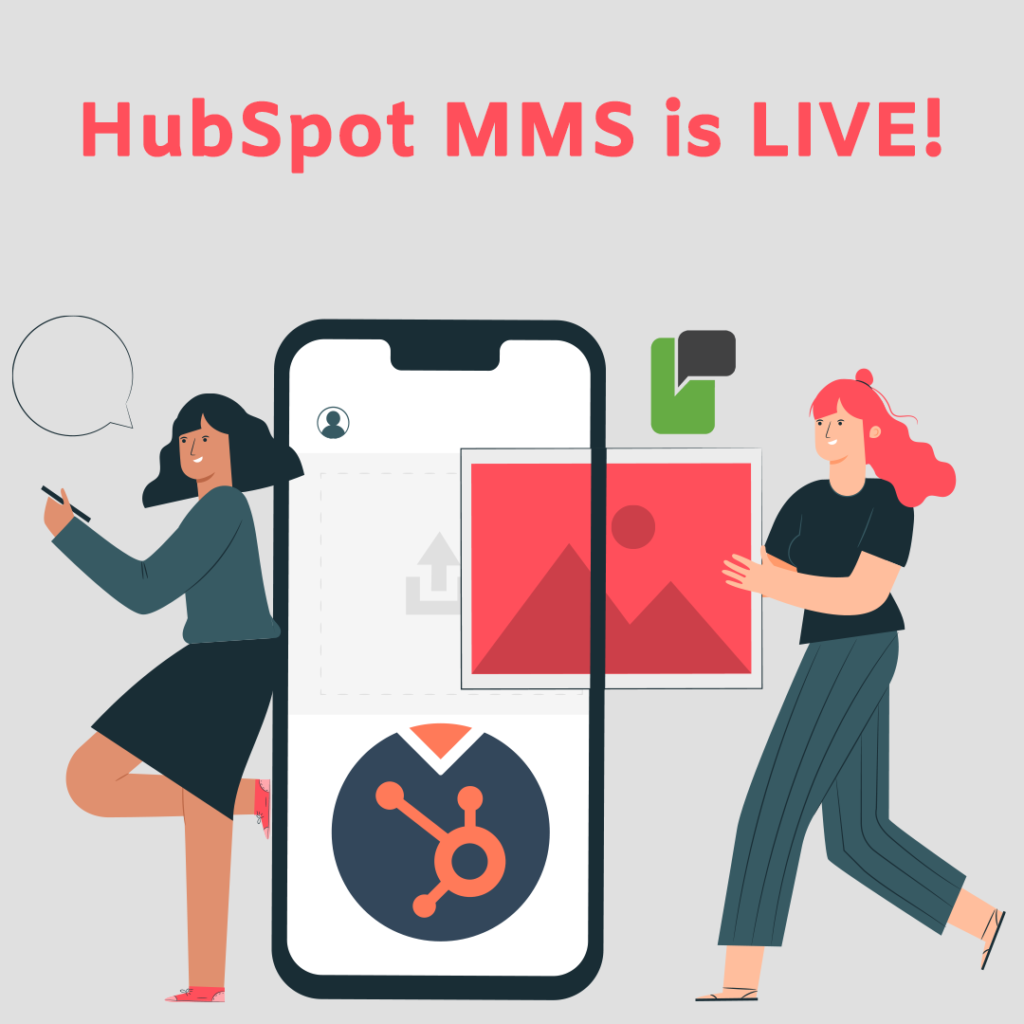📑 Table of Contents
- Understanding SMS Marketing’s Unique Appeal
- Key Elements of Successful SMS Marketing Campaigns
- Examining Top SMS Marketing Campaigns
- Case Studies of Impactful SMS Campaigns
- 1. Case Study: Retail Giant’s Seasonal Promotion
- 2. Case Study: Fast Food Chain’s Time-Sensitive Offer
- 3. Case Study: Tech Company’s Product Launch
- 4. Case Study: Health and Beauty Brand’s Loyalty Program
- 5. Case Study: Nonprofit’s Fundraising Campaign
- Advanced Strategies in SMS Marketing
- Challenges and Best Practices for Overcoming Them
- Future Trends in SMS Marketing
- Conclusion
In the digital era, where immediacy and personalization reign supreme, SMS marketing emerges as a critical tool for businesses seeking to connect with their audience. This post delves into the best SMS marketing campaigns, unpacking the strategies that set them apart and offering practical insights for businesses aiming to harness the power of text messaging.
Understanding SMS Marketing’s Unique Appeal
SMS marketing’s unparalleled open rate of 98% and its direct, personal nature make it a highly effective channel. Unlike emails, which can remain unopened, texts are almost always read, often within minutes of receipt.
This immediacy, combined with the personal nature of text messages, offers businesses an opportunity to engage customers in a direct and impactful way.
Key Elements of Successful SMS Marketing Campaigns
Consent and Compliance:
Adhering to regulations like GDPR and TCPA is crucial. This involves obtaining explicit consent from recipients and ensuring an easy opt-out mechanism.
Message Clarity and Brevity:
With a 160-character limit, messages must be concise yet clear, conveying the intended message effectively.
Personalization and Segmentation:
Tailoring messages to individual preferences and segmenting audiences based on behavior or demographics can significantly enhance engagement.
Strategic Timing:
Sending messages at the right time can make a big difference in how they’re received. Avoid early mornings or late nights, and consider time zones.
Compelling Call-to-Action (CTA):
A clear and engaging CTA is essential in driving the desired customer action, whether it’s a website visit, a purchase, or participation in a survey. Learn how to set up a strong CTA (Call to Action).
Examining Top SMS Marketing Campaigns

Loyalty Programs and Exclusive Offers:
By offering special deals or loyalty rewards via SMS, businesses can encourage repeat purchases and foster customer loyalty. For instance, a clothing retailer might send a “VIP” discount code to frequent shoppers.
Abandoned Cart Reminders:
E-commerce sites often use SMS to remind customers about items left in their shopping carts, often sweetening the deal with a small discount.
Event-Based Promotions:
Timely messages about sales, new product launches, or special events can spur immediate action. For example, a bookstore might announce a signing event with a popular author.
Customer Surveys and Feedback Requests:
Post-purchase feedback requests or quick surveys via SMS can provide valuable insights while showing customers that their opinions matter.
Emergency Alerts and Updates:
For service-based industries, SMS is an effective way to communicate urgent updates, like appointment changes or service interruptions.
Case Studies of Impactful SMS Campaigns
1. Case Study: Retail Giant’s Seasonal Promotion
Background: A leading retail chain sought to boost sales during the holiday season using targeted SMS marketing.
Strategy: The campaign segmented customers based on past purchase behavior, sending personalized messages with tailored offers. For example, customers who frequently purchased children’s clothing received texts about kids’ apparel sales.
Results: The campaign achieved a 35% increase in in-store traffic and a 28% rise in sales for the targeted categories. The success was attributed to the personalized nature of the messages, making customers feel valued and understood.
2. Case Study: Fast Food Chain’s Time-Sensitive Offer
Background: A popular fast-food chain wanted to increase sales during typically slow mid-week afternoons.
Strategy: They launched an SMS campaign offering time-sensitive discounts, valid only during the targeted slow hours. The messages were sent a few hours before the offer period, creating a sense of urgency.
Results: The campaign led to a 40% increase in sales during the targeted time slots. The key to success was the strategic timing of the messages, which tapped into impulse buying behavior.
3. Case Study: Tech Company’s Product Launch
Background: A tech company was launching a highly anticipated new gadget and wanted to maximize pre-orders.
Strategy: The company sent out SMS alerts to its subscriber list, offering an exclusive pre-order bonus for a limited time. The messages highlighted the scarcity and exclusivity of the offer.
Results: The campaign resulted in a record number of pre-orders for the company, with a 50% higher response rate compared to their previous product launches. The effectiveness was largely due to the exclusivity and urgency conveyed in the messages.
4. Case Study: Health and Beauty Brand’s Loyalty Program
Background: A health and beauty brand aimed to enhance customer loyalty and repeat purchases.
Strategy: The brand developed a loyalty program where customers earned points for purchases, which were communicated and managed through SMS. Special birthday offers and VIP sales were also sent via text.
Results: The brand saw a 30% increase in repeat customers and a significant boost in customer engagement. Personalized and consistent communication via SMS was key to fostering a strong brand-customer relationship.
5. Case Study: Nonprofit’s Fundraising Campaign
Background: A nonprofit organization aimed to increase donations for a specific cause.
Strategy: The organization launched an SMS campaign that allowed donors to contribute via a simple text message. The messages told compelling stories related to the cause, making a direct emotional appeal.
Results: The campaign exceeded its fundraising goals by 20%, with a notable increase in first-time donors. The simplicity of the donation process and the emotional resonance of the messages were critical success factors.

Advanced Strategies in SMS Marketing
To elevate SMS campaigns beyond the basics, businesses can employ advanced strategies:
Integration with Other Channels:
Integrating SMS with email, social media, and other marketing channels creates a cohesive customer journey. For instance, a text message could alert customers to a special offer on social media, driving cross-channel engagement.
Automated Drip Campaigns:
Automated messages sent over a period based on customer actions or timelines can nurture leads and guide them through the sales funnel. For example, a series of messages post-purchase could offer tips on product use, ask for feedback, and introduce complementary products.
A/B Testing:
Testing different versions of SMS messages helps identify the most effective content, timing, and CTAs. This continuous optimization process ensures that campaigns remain effective and relevant.
Rich Media and MMS:
Incorporating Multimedia Messaging Service (MMS) allows businesses to send images, GIFs, or videos, making messages more engaging and informative. For example, a real estate agency could send images of new listings to potential buyers.

Geo-targeting and Location-Based Offers:
Sending offers based on the recipient’s location can significantly increase the relevancy and effectiveness of campaigns. Retail stores, for instance, can send special in-store offers when customers are nearby.
Challenges and Best Practices for Overcoming Them
While SMS marketing is powerful, it comes with challenges:
Over-Messaging:
Avoid overwhelming customers by limiting the frequency of messages and ensuring each message provides value.
Maintaining Relevance:
Regularly update your customer data to keep messages relevant to their current needs and interests.
Privacy and Trust:
Always respect customer privacy and use their data ethically to maintain trust.
Future Trends in SMS Marketing
As technology evolves, so do the possibilities in SMS marketing. Trends to watch include:
AI and Machine Learning:
Using AI to analyze customer data and personalize messages at scale.
Chatbots and Automated Interactions:
Implementing SMS-based chatbots to provide instant customer service and support.
Enhanced Personalization:
Leveraging data analytics for deeper personalization, predicting customer needs, and crafting tailored offers.
Conclusion
The best SMS marketing campaigns leverage the medium’s strengths—immediacy, personalization, and directness. By focusing on these elements and continuously refining their approach based on customer feedback and data, businesses can use SMS marketing not just to communicate, but to connect and engage with their audience in meaningful ways.
But remember, before creating any SMS campaign, it’s necessary to adhere to SMS compliance.
